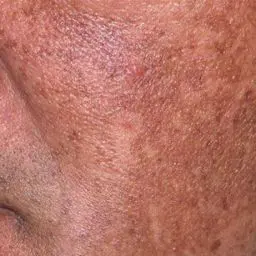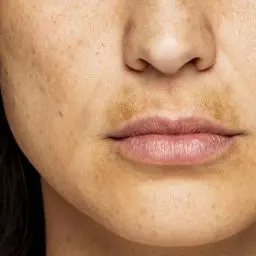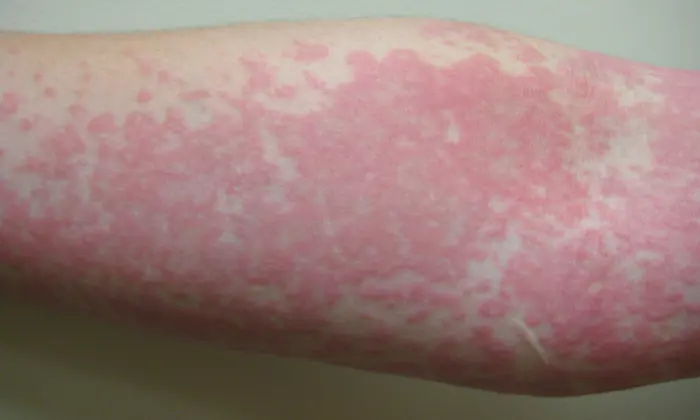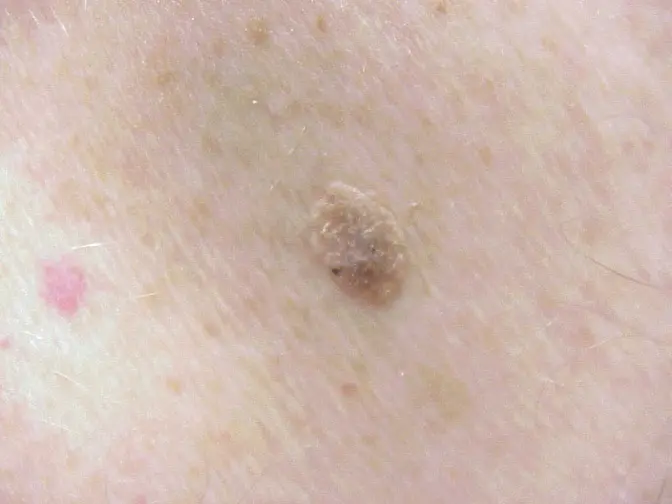Acanthosis Nigricans: The Skin's Warning Signal for Underlying Health Conditions
Unpacking the Five Types of Acanthosis Nigricans and Their Underlying Causes
An exploration of Acanthosis Nigricans, a unique skin condition marked by dark and velvety skin patches, which often signifies an internal hormonal imbalance. This article delves into the five types of this skin condition, highlighting their causes, and emphasizing the need for addressing the root problem to achieve successful treatment.
Acanthosis nigricans describes a pattern of hyperpigmentation that results in dark and velvety patches of skin around the neck, armpits, groin, and other skin folds. This condition is more likely to occur in young people with darker skin types and is almost always an indicator of some internal hormonal imbalance. There are five types of acanthosis nigricans.
Familial acanthosis nigricans is a rare autosomal dominant genetic disorder present at birth or developing in early childhood that may or may not be associated with other genetic endocrine diseases. Endocrine acanthosis nigricans is a symptom of many endocrine disorders including diabetes mellitus, cushing’s disease, addison’s disease, polycystic ovarian syndrome, acromegaly, and other rarer diseases. Pseudoacanthosis nigricans is associated with obesity and is a strong indicator for insulin resistance, though this is not always the case. Drug induced acanthosis nigricans is the result of hormone-related medications such as birth control pills, steroids, or growth hormone replacement. Finally, acanthosis nigricans can be a marker for internal malignancy, especially when onset is rapid and accompanied by the appearance of other benign skin conditions such as seborrheic keratoses and skin tags. The cancer in these cases almost always involves some endocrine-related organ such as the ovaries, prostate, breast, or adrenal glands.
Treatment of this hyperpigmentation is unsuccessful unless its underlying cause is identified and treated. Persons with acanthosis nigricans should be evaluated by a physician for endocrine disorders. It may resolve on its own in the months or years following the resolution of the underlying cause, though this process may be quickened through the use of bleaching creams.
























